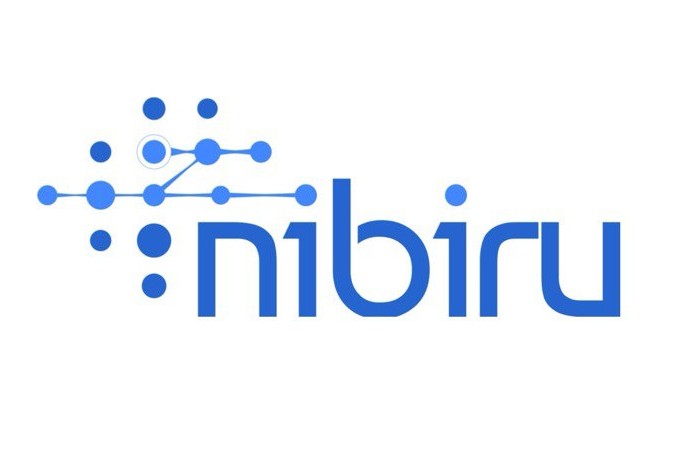SPOKE: Advancing Logistics and Freight Transportation in Italy
Every day, thousands of trucks, ships, and trains move goods across Italy, powering industries and supply chains. But there’s a hidden cost—freight transport accounts for 36% of transport-related CO₂ emissions in Europe. Despite digital advancements, the sector still struggles with wasted energy, inefficient routes, and underutilized transport modes. The solution isn’t just moving faster—it’s moving…









